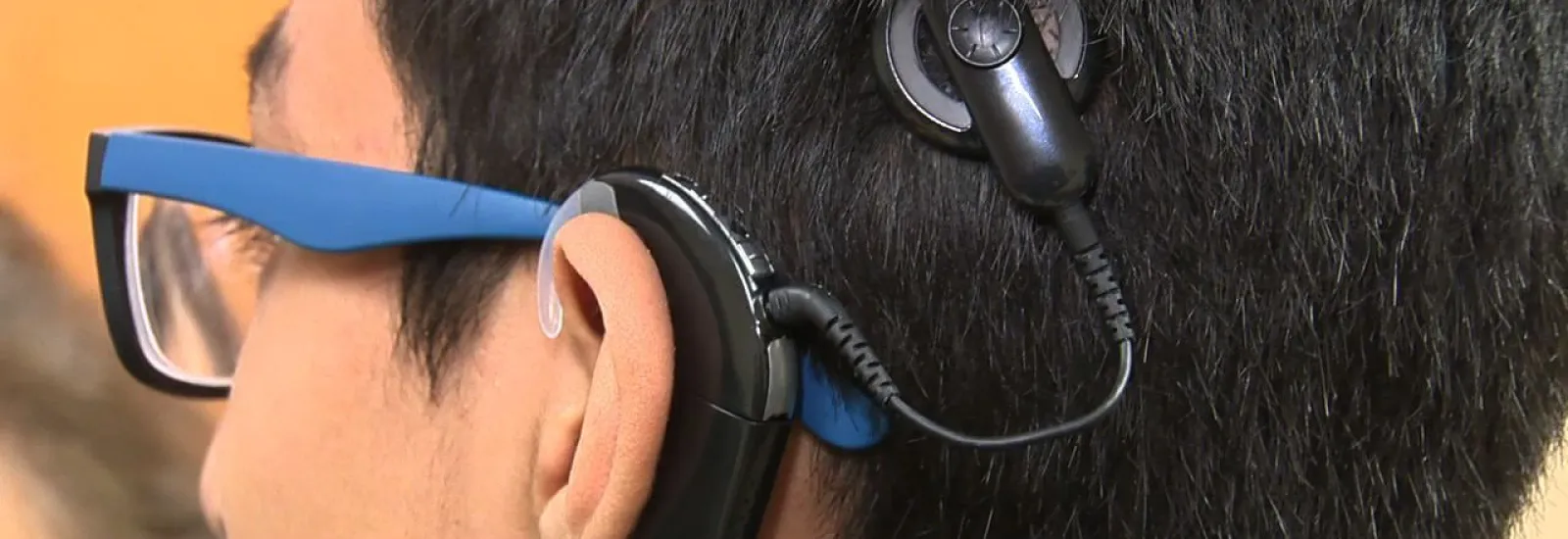
Cochlear Implants - FAQ
What
is a Cochlear Implant?
A cochlear Implant is an electronic medical device that
replaces the function of the damaged inner ear. Unlike hearing aids, which make
sounds louder, cochlear implants do the work of damaged parts of the inner ear
(cochlea) to provide sound signals to the brain.
Cochlear Implants help adults with sloping moderate to profound hearing loss in both ears, or children 12 months or older with severe to profound hearing loss in both ears and are not receiving enough benefit when using hearing aids.
·
Do you struggle to hear conversations and ask
people to repeat themselves in a noisy restaurant or even in a quiet room?
·
Do you depend on your spouse or lip-reading to
understand a conversation?
·
Do you avoid social activities because you
don't what what's being said?
·
Are you exhausted at the end of the day from
trying to communicate?
·
Are you having a hard time keeping up at work?
· Is it hard for you to talk on the phone?
How does
the Cochlear Implant work?
Cochlear Implants are designed to mimic the function of a
healthy inner ear or cochlea. They replace the function of damaged sensory hair
cells inside the cochlea to help provide clearer sound than what hearing aids
can provide. Unfortunately, damaged or
missing sensory hair cells do not regenerate, so this type of hearing loss
doesn't improve without treatment.
There are two primary components of the Cochlear Implant:
the external sound processor and the implant that is surgically placed
underneath the skin attached to an electrode that is inserted in the cochlea.
Microphones on the sound processor pick up sounds, and the
processor converts them into digital information.
This information is transferred through the coil to the
implant just under the skin.
The implant sends digital sound signals down the electrode
into the cochlea.
The hearing nerve fibers in the cochlea pick up the signals and send them back to the brain, which is understood as sound.
What benefits can you expect from the Cochlear Implant?
Better access to sound than what con be provided by traditional hearing aids
How
much does a Cochlear Implant cost?
Unlike hearing aids, Cochlear Implants may be covered by
Medicare if you are determeined to be a candidate. They are also covered by
many insurance plans and typically Medicaid.
Contact your Hearing Implant Specialist to determine if you are a candidate.

